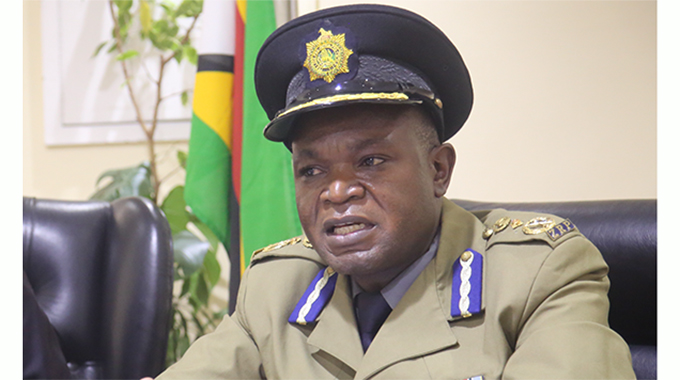2 lawyers sworn in as Labour Court presidents
ceremony at the Supreme Court in Harare.
The two took the judicial oath and the oath of loyalty, undertaking to diligently and impartially serve as presidents of the Labour Court.
Senior President of the Labour Court Mrs Gladys Mhuri welcomed the development, saying it will ease pressure at the court.
“The addition of the two presidents will go a long way in alleviating the pressure at the Labour Court. People in Zimbabwe are now quite litigious and as a result we get a lot of work,” she said.
“We are now 13 presidents for the Labour Court. Two are based in Bulawayo, one in Gweru and the rest in Harare.
“We thank the Ministry of Justice and Legal Affairs and the Judicial Service commission for the new appointments.”
Justice and Legal Affairs Minister Patrick Chinamasa, Deputy Minister Obert Gutu, Deputy Chief Justice Luke Malaba, Judicial Service Commission secretary Justice Rita Makarau, Deputy Attorney General (Criminal) Mrs Florence Ziyambi, Deputy Attorney General (Civil) Mr Prince Machaya and Chief Magistrate Mr Mishrod Guvamombe attended the function. Mrs Kudya, a qualified lawyer who also holds a Masters degree in Women’s Law, joined the Ministry of Justice and Legal Affairs in 1992 as a magistrate.
She rose through the ranks to the highest grade of regional magistrate.
At the Harare Magistrates’ Court, Mrs Kudya was known for handling high profile cases.
In 2009, Mrs Kudya joined the Legal Resources Foundation as a legal research officer, a position she held until her appointment to the Labour Court.
Mrs Ndewere, a board member of the Broadcasting Authority of Zimbabwe, qualified as a lawyer in 1982 before joining the Attorney-General’s Office a year later.
She served in the AG’s Office for eight years and left to join the Zimbabwe Broadcasting Corporation in 1991 as corporate secretary and legal advisor.
Between 2002 and 2003, Mrs Ndewere worked as a lawyer with Mucharehwa and Partners before her appointment as a board member for BAZ.
The two’s swearing in ceremony was the first of its kind in the history of the judiciary in Zimbabwe and it was occasioned by recent amendments to the law.
Only judges of the High Court and the Supreme Court used to take the judicial oath and the oath of loyalty before the Head of State.
But the new law requires the judges of the Administrative Court and presidents of the Labour Court to undergo the same process with the Chief Justice presiding over.






Comments